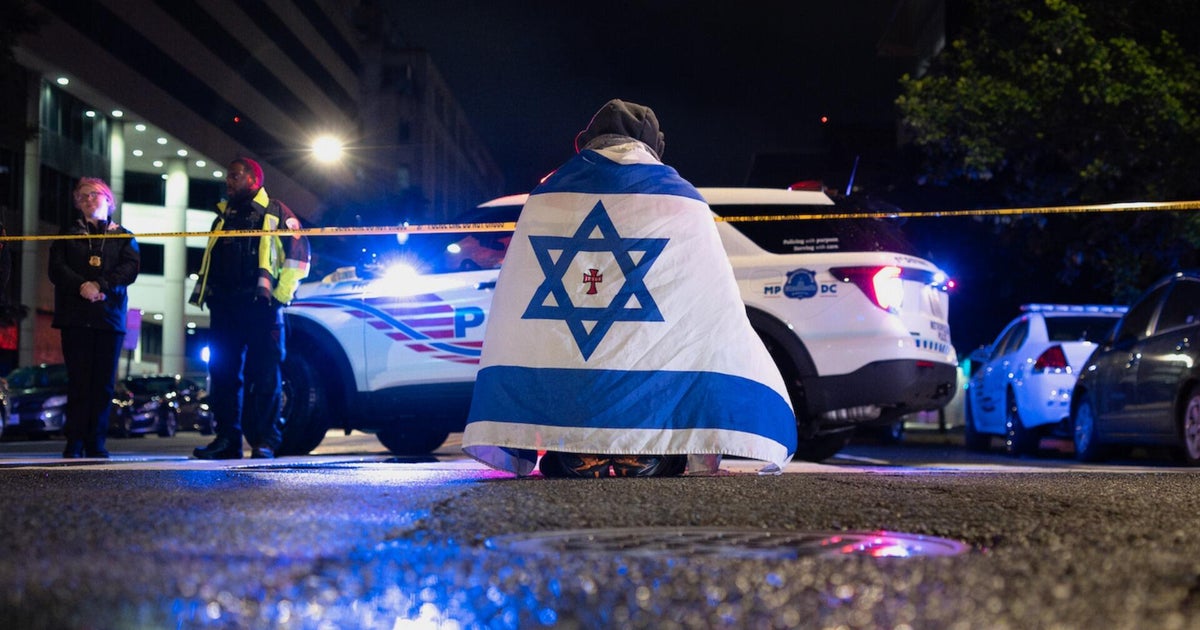
Washington — Federal law enforcement agencies have issued a new intelligence bulletin, obtained by CBS News, warning that recent attacks in Boulder, Colorado, at the Capital Jewish Museum in Washington, D.C., and at the Pennsylvania governor’s residence “could motivate others to conduct violence against Israeli and Jewish institutions, or their supporters.”
The memo was issued by the Department of Homeland Security, the FBI and the National Counterterrorism Center to law enforcement nationwide Wednesday, voicing concern that “some individuals online are sharing the manifesto of the alleged Capital Jewish Museum attacker, praising their actions, and calling for additional violence.”
“We advise security partners to remain vigilant for threats of targeted violence against Jewish and Israeli communities, and their supporters,” the memo says.
On Sunday, a suspect allegedly used Molotov cocktails to attack a march for Israeli hostages in Boulder, Colorado, injuring more than a dozen people. He has since been charged with 118 state criminal charges, including 28 counts of attempted murder.
On May 21, two Israeli Embassy employees, Yaron Lischinsky and Sarah Lynn Milgrim, were shot and killed as they left the Capital Jewish Museum. The suspect, who shouted “Free Palestine” as he was taken into custody, faces first-degree murder charges.
And in April, Pennsylvania Gov. Josh Shapiro, who is Jewish, was allegedly targeted by a man who officials say intentionally set fire to the governor’s residence while Shapiro and his family were home asleep. The suspect has been charged with attempted murder, terrorism and other crimes.
The law enforcement bulletin said intelligence analysts assess that “online messaging promoting violence by foreign terrorist organizations, their supporters, and other threat actors particularly messaging that highlights successful attacks –- could compel threat actors motivated by various ideologies to engage in violence.”
The law enforcement agencies also warned that foreign terrorist organizations have pushed content encouraging violence regarding the Israel-Hamas conflict, “and the online messaging is one of many factors that has influenced the radicalization of violent extremists.”
